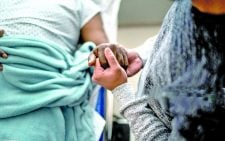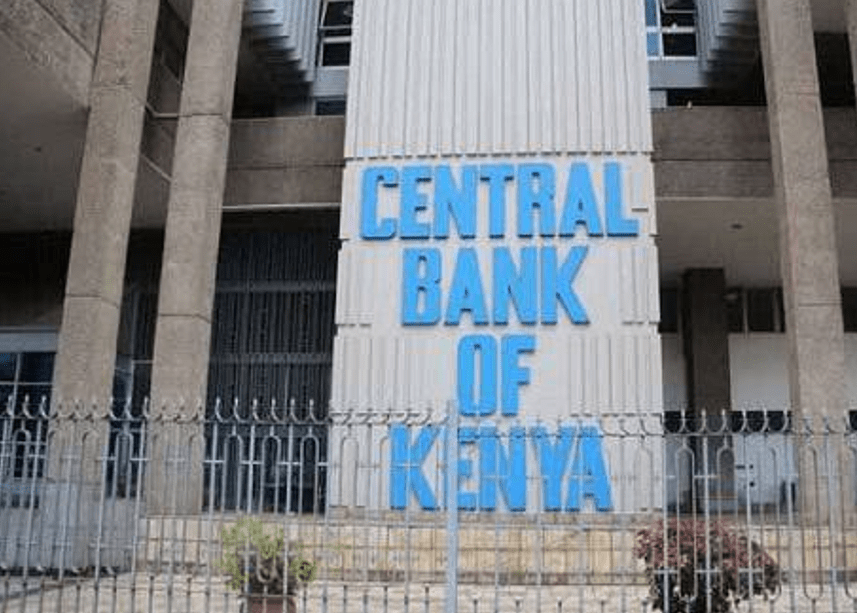All eyes on MPC meeting amid reimposed Corona restrictions

Fred Aminga @Faminga
All eyes are on today’s Central Bank of Kenya’s Monetary Policy Committee (MPC) meeting outcome, coming just days after reimposition of lockdown in five counties in new Coronavirus (Covid-19) containment measures .
Analysts say the meeting will be keenly watched for policymakers’ latest assessments of the economic outlook as many key economic sectors brace for the negative impacts of the new restrictions.
In the backdrop of Covid-19 knocks and spillover effects to Kenya’s economy, the committee’s meeting it timely if only to help cushion the country against the unpredictable virus, using instruments at its disposal.
When the MPC last met on January 27 it maintained the Central Bank Rate (CBR) at 7 per cent in what was the sixth consecutive neutral policy stance by the committee.
Most analysts, including those at Genghis Capital expect the MPC to retain the benchmark policy rate, on account of the surge in infections.
“As of March 25th, the total case count hit 126,170 with the 7-day moving average touching a peak of 1,234 due to the hitherto record case counts on March 24th and March 25th at 1,540 and 1,463, respectively,” they said.
Coronavirus measures
Against this backdrop, Genghis said tighter containment measures will weigh down on the economic growth in the near-term as President Uhuru Kenyatta on Friday reviewed Coronavirus measures, 14 days after his last speech on the Covid-19.
In one fell swoop thousands of Kenyans who are employed in the hotels, restaurants, bars and transport sectors will be laid off as businesses close shop amid reduced movement of goods and services.
Close to 1.7 million jobs were lost in the second quarter of last year due to Covid-19 containment measures.
President Kenyatta banned all movement by road, rail or air in five counties until further notice.
The counties are Nairobi, Kajiado, Machakos, Kiambu and Nakuru, which controls a sizeable portion of the gross domestic product (GDP).
Happening before the Third wave peaks, this points at tough times ahead, and Kenyans can only wait till mid-May when the Third Wave of Covid-19 is expected to flatten.
“The vaccination process for the Phase I target group has been rather disappointing, due to a combination of logistics bottlenecks and apathy,” said analysts at Genghis.
According to the private sector performance barometer, the sector registered some improvement in the business condition in February despite a slow expansion rate being the weakest for eight months.
The monthly Stanbic Purchasing Managers Index (PMI), business conditions dropped in February to 50.9 down from 53.2 in January, the weakest rate of improvement since Covid-19 hit the country with some panelists linking the slowdown to a weaker rise in new order inflows and a drop in household spending.
Negative impact
This also signalled the ongoing negative impact of the coronavirus pandemic on the economy that has seen households and businesses continue to cut spending.
‘’The improvement in demand was negatively impacted by subdued cash flows in some sectors of the economy which resulted in limited household and client spending,’’ said Kuria Kamau, a fixed income and currency strategist at Stanbic Bank.
With overall inflation rising since the start of the fourth quarter of 2020, the disinflationary trend in second and third quarters was revised.
Despite this, core inflation has remained below 3 per cent levels, reflecting subdued demand pressure for goods and services in the economy.












